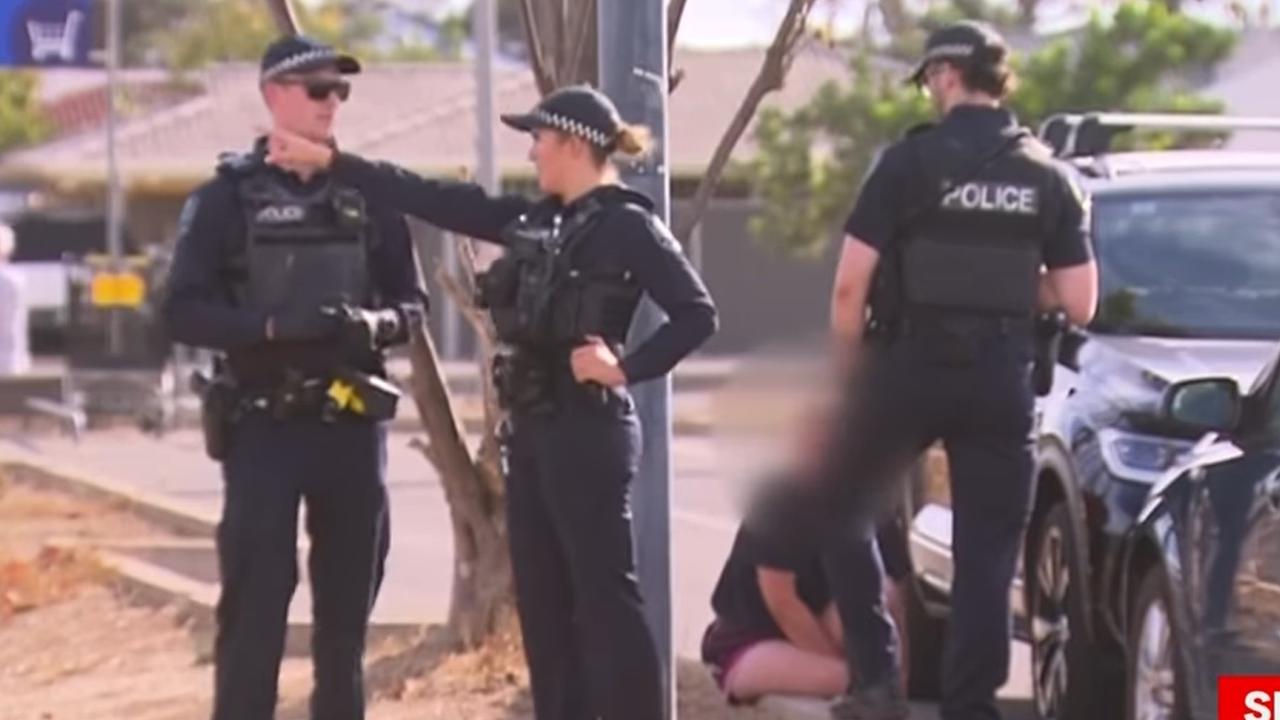‘She wanted to die, this was no way to live’: Adelaide single mum uses Voluntary Assisted Dying with family by her side
The sister of an SA woman who used the state’s Voluntary Assisted Dying laws says she was determined to die with dignity – and with her daughter by her side.
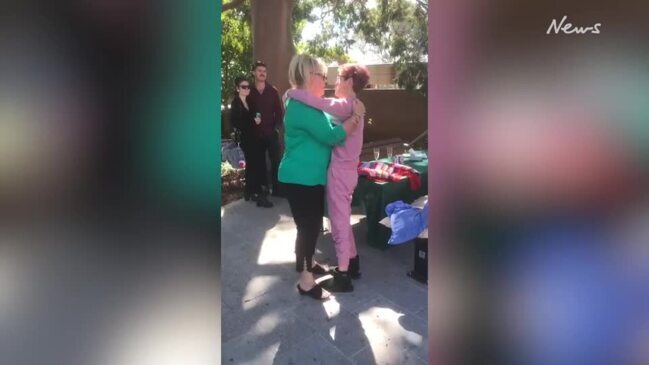
SA News
Don't miss out on the headlines from SA News. Followed categories will be added to My News.
Loving single mum, Liz was 48 years old when she decided to die peacefully with her teenage daughter and sister by her side.
She’d been battling lung cancer for three and half years when doctors told her she didn’t have much time left to live.
Liz undertook voluntary assisted dying and quietly passed away while lying on the couch in her unit in March, 2023.
“It was such a relief for her,” her sister, Briget Kelly said.
“She had been struggling for a long time, she had been suffering … the day she found out she had formally started the voluntary assisted dying process her spirits lifted … she actually had control over her situation.”
Liz is among the 182 people who have chosen the pathway since it was legalised on January 31, 2023, including 23-year-old Lily Thai who, a year ago decided to die using VAD.
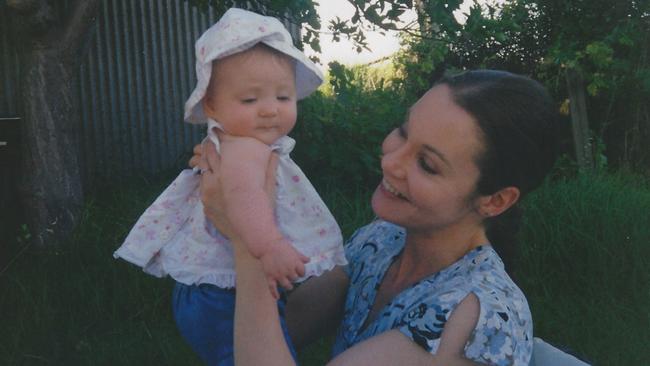
Diagnosed with advanced lung cancer in May 2019, Liz had been complaining of aches and pains for months prior – but dismissed the symptoms as signs of getting older.
After the diagnosis she immediately underwent surgery and treatments – one of which caused an anaphylactic reaction – before the cancer spread to Liz’s spine and eventually, brain.
For Liz, doctors determined few treatment options were available and opted for radiation to her spine, brain and lungs, which left her in uncontrollable pain and nausea.
Eventually in November 2022, after being told there were no other treatment options left, Liz suffered a seizure.
“After the seizure they (doctors) gave her a prognosis … if you do nothing you could have six to 12 months,” Briget said.
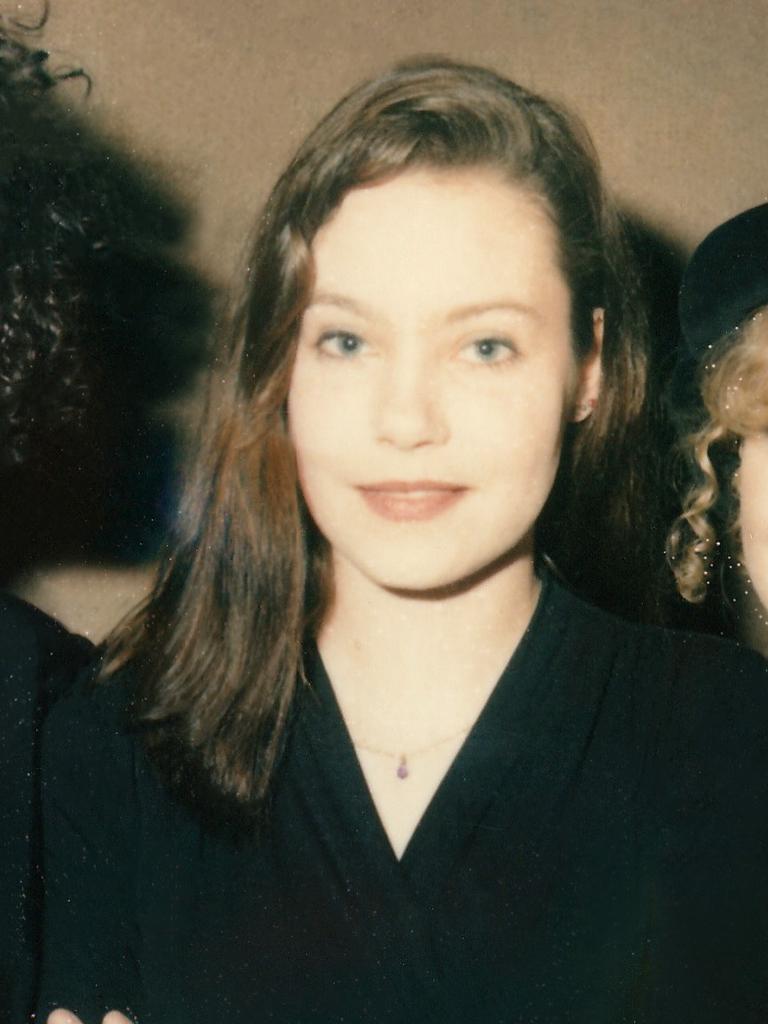
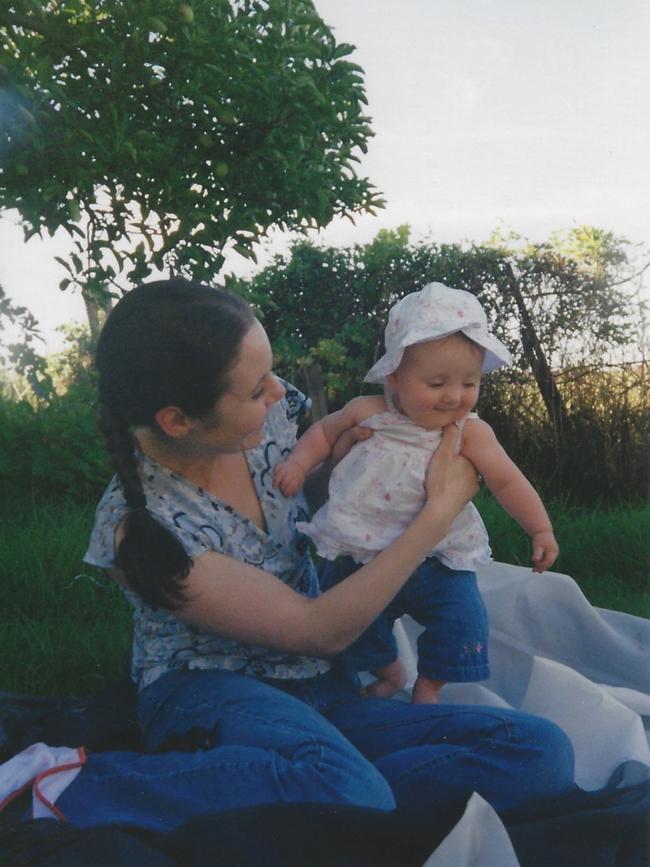
Despite the lack of treatment options, Liz was also given the alternative of total brain radiation for the possibility of extending life by slowing the impacts of the brain cancer.
“It didn’t seem worth it to go through the side effects,” Briget said.
“It was a really hard decision for her but she decided not to have it.
“She had a couple of months over Christmas to start planning for the end and preparing her daughter.
“Then in January she started to see signs that the brain cancer was starting to get worse … it started to affect her vision and therefore her mobility.”
Liz eventually was admitted into the palliative care unit at the hospital.
She had only been in the ward for two weeks when the VAD laws passed in South Australia.
“She’d already been saying quite openly to the medical staff that she just wanted to die and this was no way to live,” Briget said.
“Her quality of life was so low, it wasn’t as if everything would’ve been better again … she was very openly saying, ‘look I want to die’.”
Liz’s application was approved and she was able to undertake the VAD process in her own home.
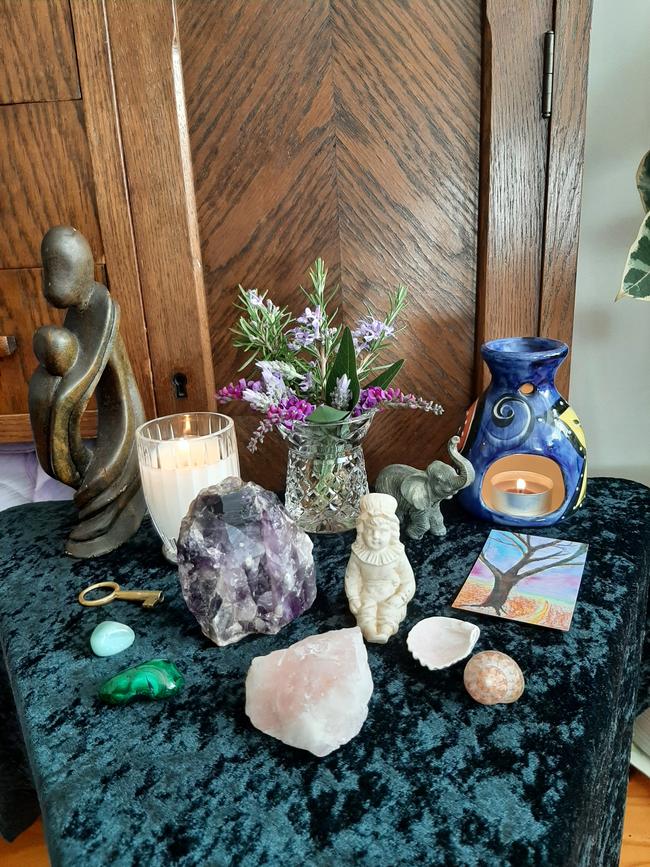
Briget said she and her sister created a plan to collect the medication earlier in the week, visit their dad, then on Thursday March 2 it would be Liz’s final day.
“On the Thursday I went over there and prepared her unit … we did some reminiscing and she made a couple of calls and said goodbye to people,” Briget said.
“I picked her daughter up from school, we came home and we had a last little morning tea and I left them there to have some time together.”
Briget had prepared a table of trinkets that had special connection to the family.
“We explained to Amy what they were all about and what they represented,” Briget said.
“Then we said our goodbyes, she took the medication on her comfy little couch and it was really quick.
“We spent a bit of time together on the couch with Liz after she died, but then I made myself scarce so that Amy could spend some time.
“There were some tears, some talking, and some quiet times, as we spent the last couple of hours together with Liz in her sanctuary.”
Briget eventually called the nurse to sign the appropriate documentation and Liz’s body was taken into the care of her chosen funeral director.
“She (Liz) loved being a mum … she always wanted to be a mum,” Briget said.
“She loved the really simple things in life, like the comforts of home.
“She was definitely not the outgoing kind of person, she was much more introverted but she was very smart and she was actually very funny. She had a really clever sense of humour.
“She was a real fighter.”





